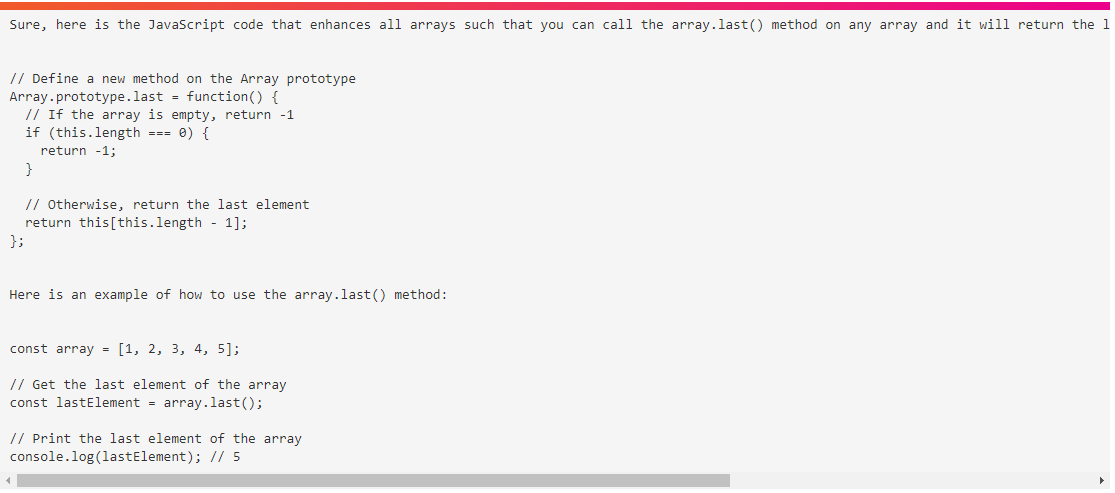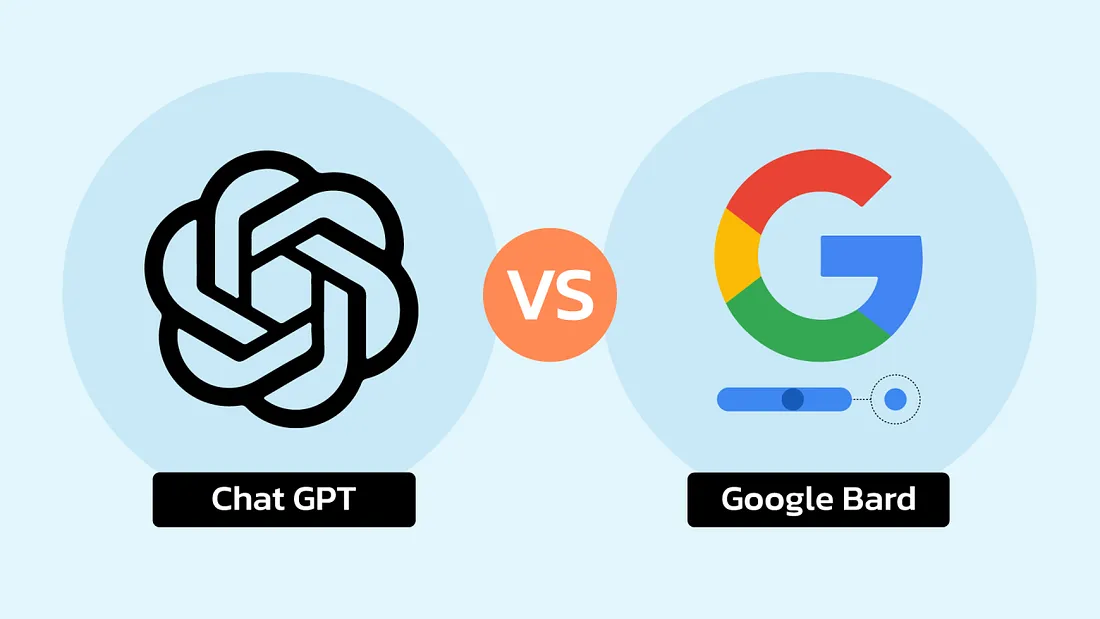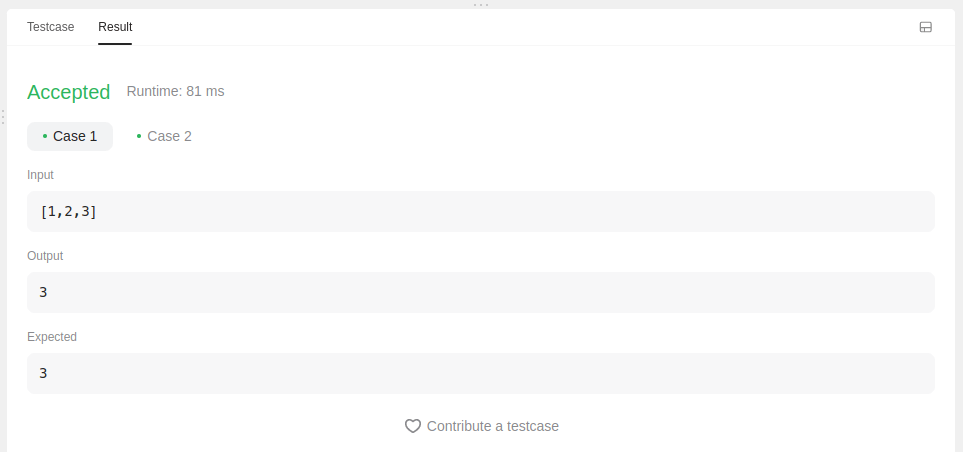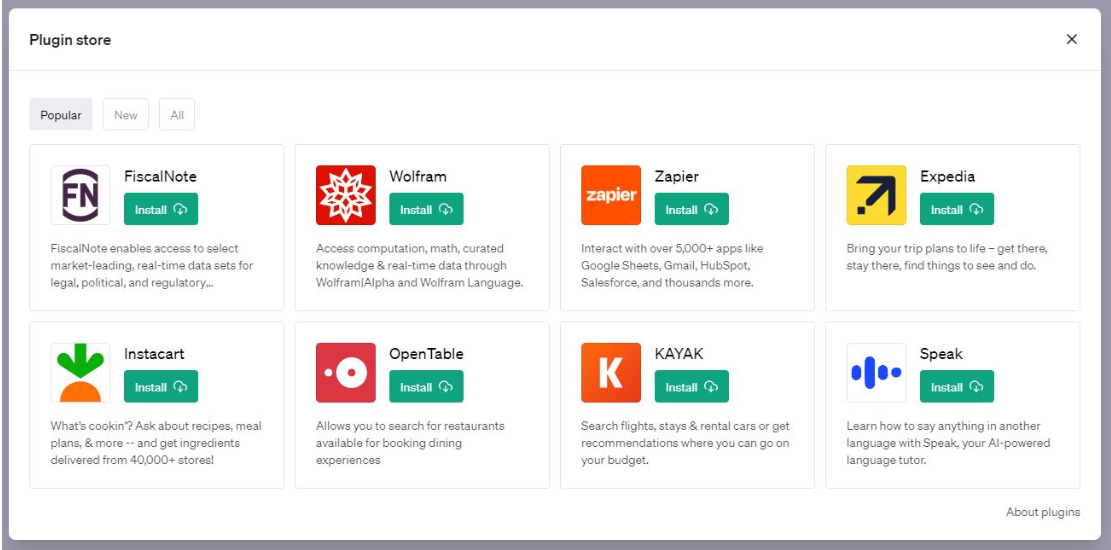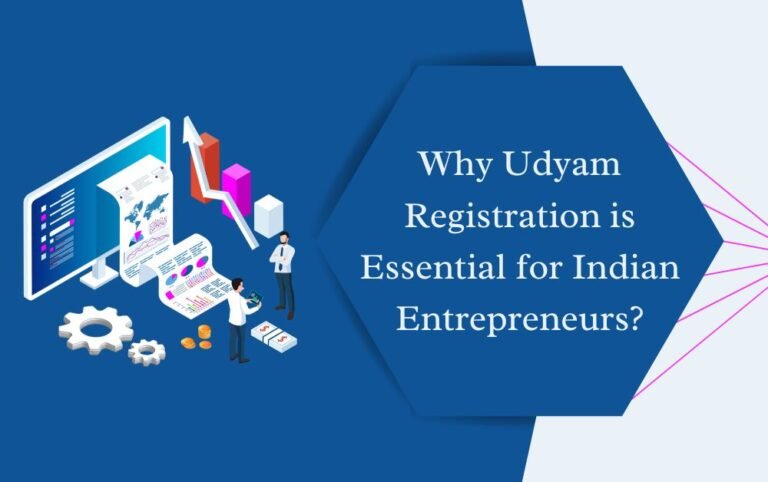ChatGPT Vs Bard: ChatGPT vs. Bard: A Comparative Analysis for Coding
Exploring Generative AI for Programming: ChatGPT vs. Bard
Generative AI has become an invaluable asset for programmers, offering assistance in writing and debugging code, ultimately streamlining our workflows. However, with the emergence of competing tools like ChatGPT and Bard , determining the ideal choice can be challenging. In this article, we embark on an in-depth comparison between these two platforms, aiming to identify the most feature-rich solution for programming tasks. By analyzing factors such as functionality, usability, and performance, we aim to provide developers with valuable insights to aid in their decision-making process. Join us as we unravel the nuances of ChatGPT and Bard, unveiling which tool reigns supreme in the realm of Generative AI for programming.

ChatGPT and Bard: What’s the difference?
When prompted with the same query, ChatGPT generates code that defines a function generate_primes(n), which accepts an integer n as input and returns a list of prime numbers up to n. It employs the Sieve of Eratosthenes algorithm to compute the primes. Both outputs yield functional results. ChatGPT’s output stands out in this instance for its cleanliness and brevity. Moreover, it accurately interprets our ambiguous prompt. However, it’s imperative to note that this is just one scenario. Chatbots’ responses can vary significantly based on factors such as the programming language employed (less common or documented languages may result in more errors) or the complexity of the query. Let’s delve into how Bard and ChatGPT handle diverse use cases.
Winner: ChatGPT 🏆
2. Problem Solving
Let’s examine how these Large Language Models (LLMs) tackle a problem. Instead of a generic function, we’ll present them with a programming challenge from LeetCode:
Compose JavaScript code to augment all arrays, enabling the invocation of the array.last() method on any array, returning its last element. If the array is empty, the method should return -1.

Not only does ChatGPT solve the problem, but it explains the problem. Neat! Let’s run the code through leetcode and see if it actually passes the tests, though.

It looks like ChatGPT solved the problem on the first try! Now it’s time for Bard to step up to the plate.
Bard’s problem solving
